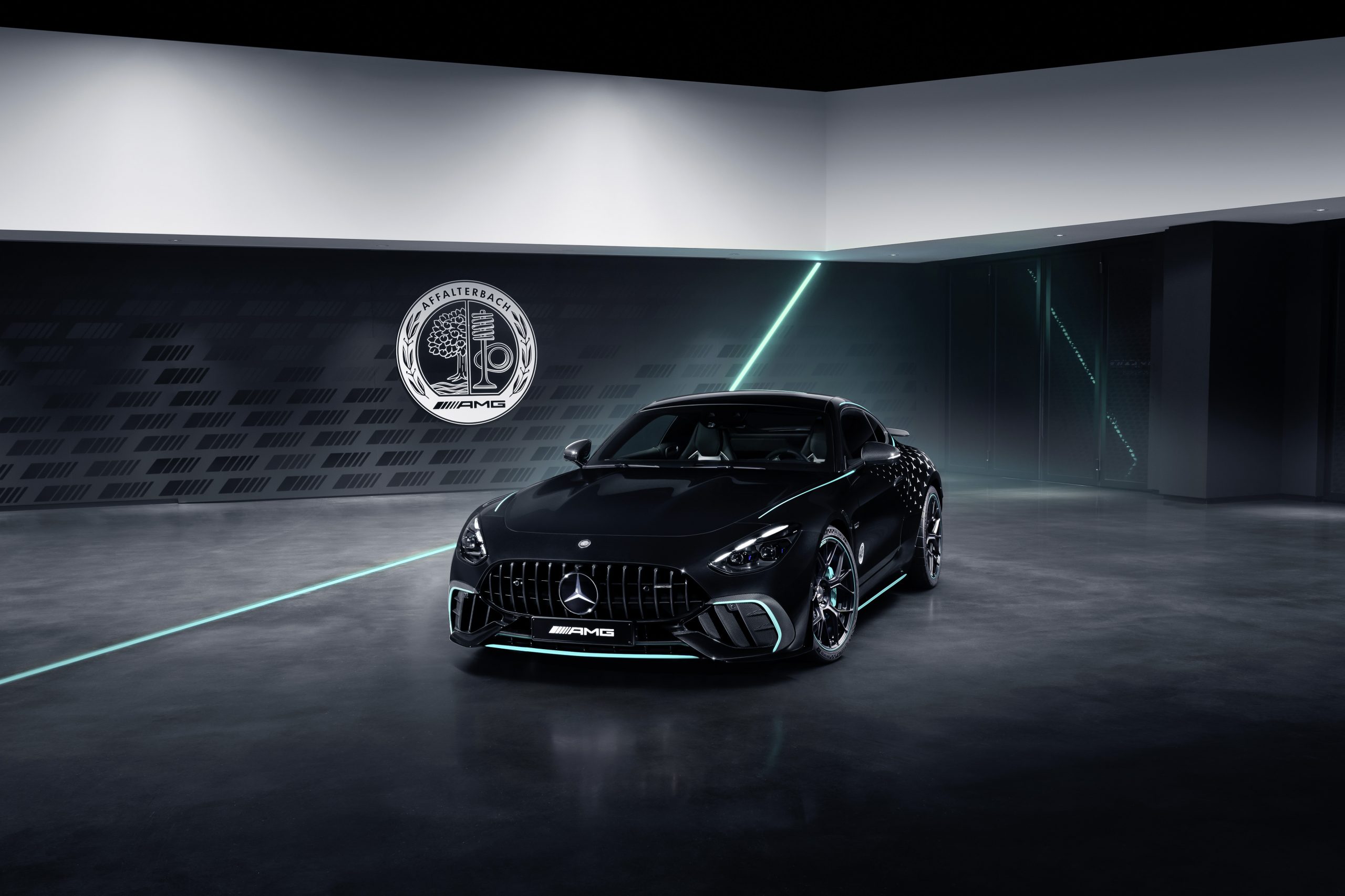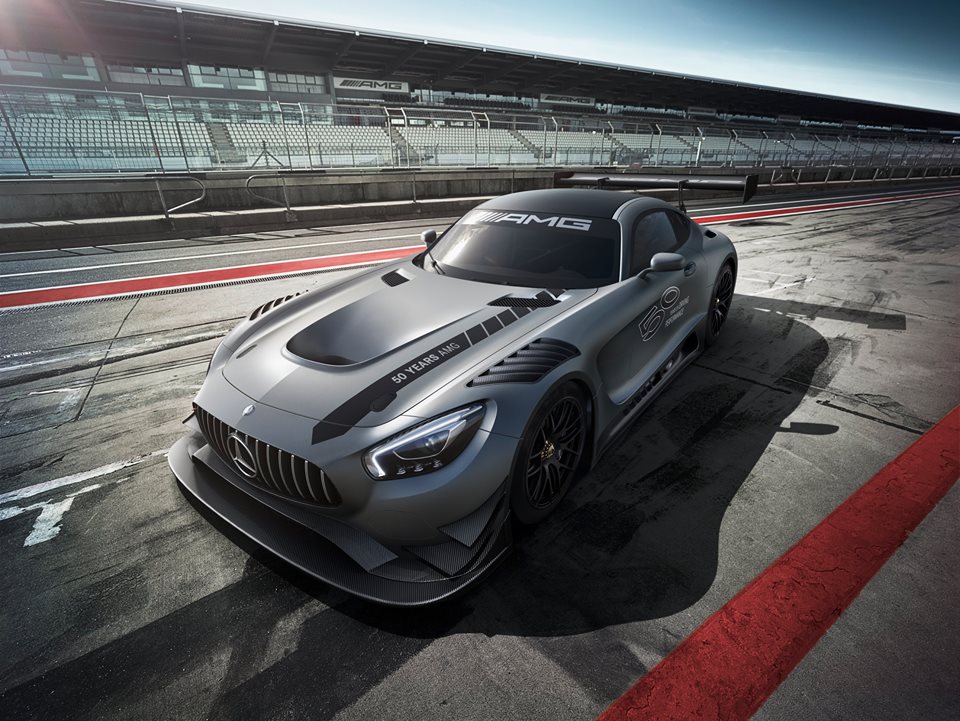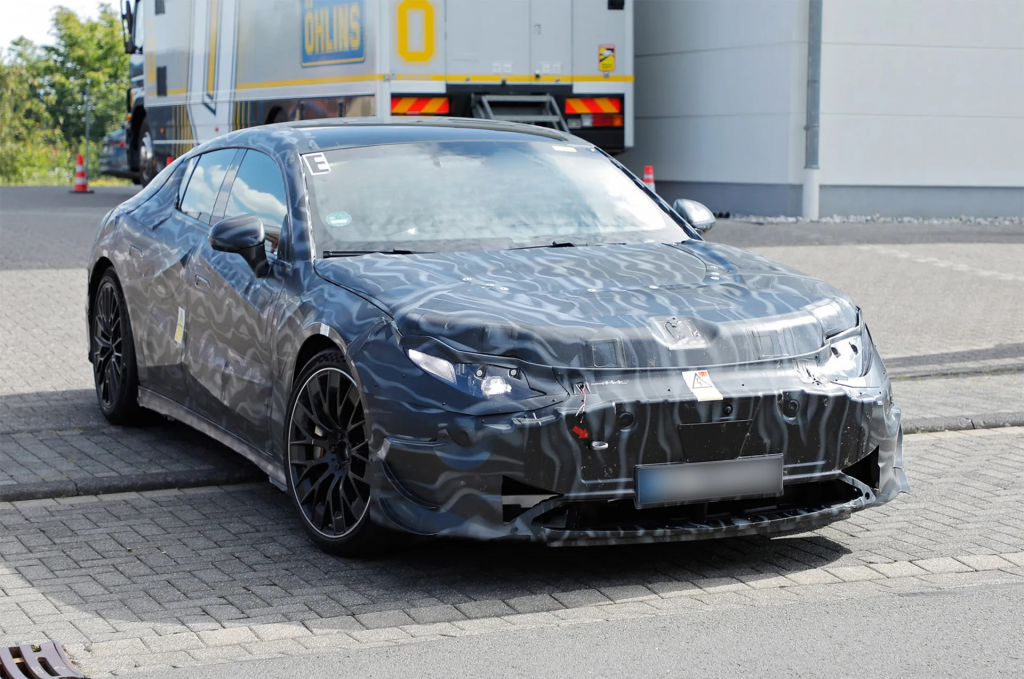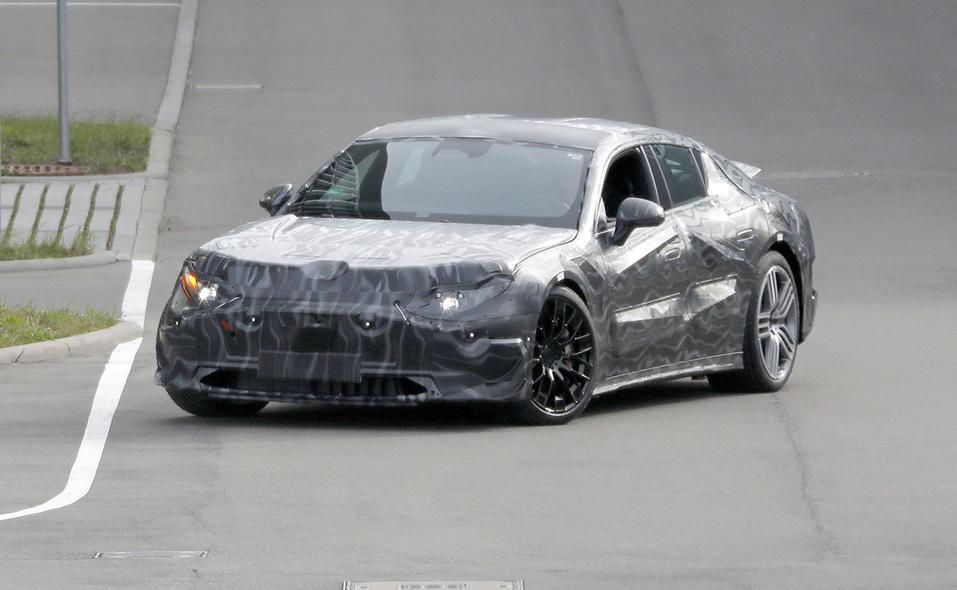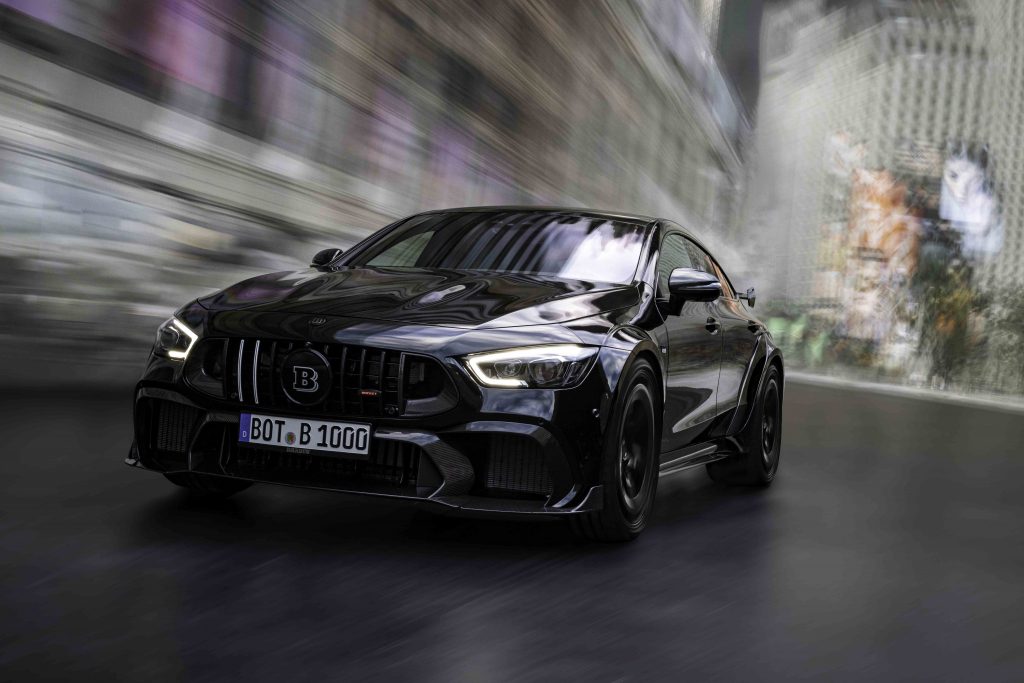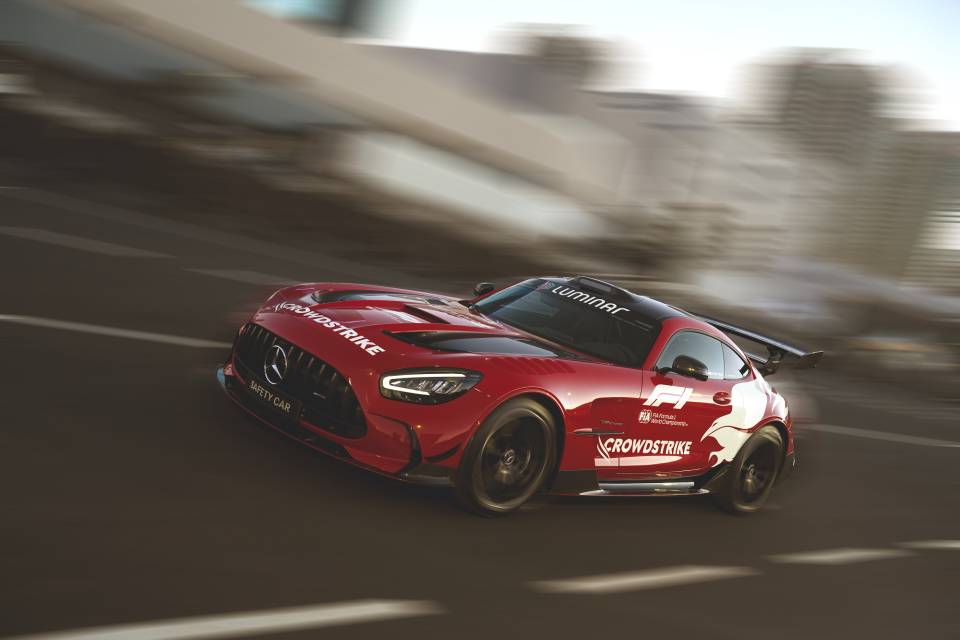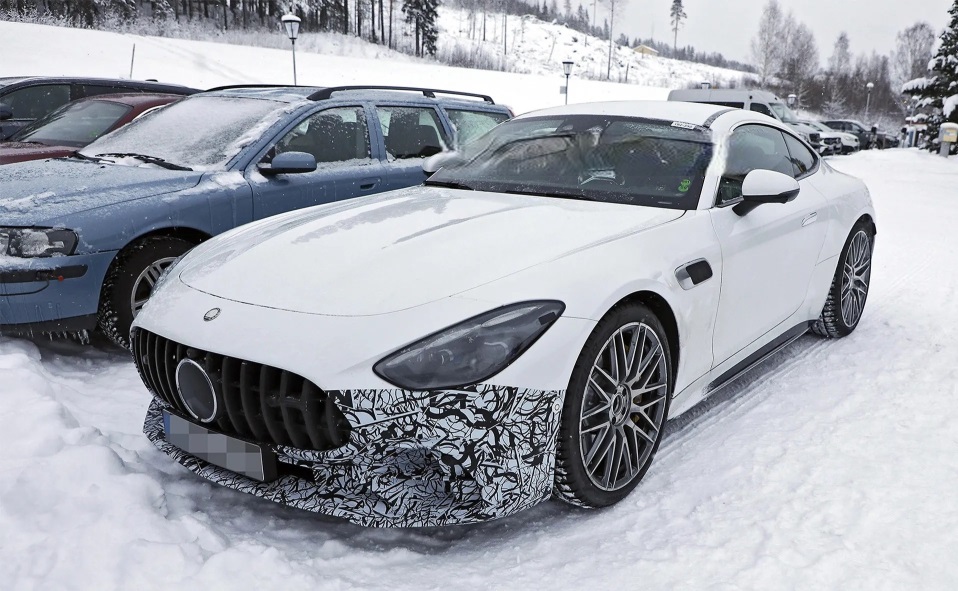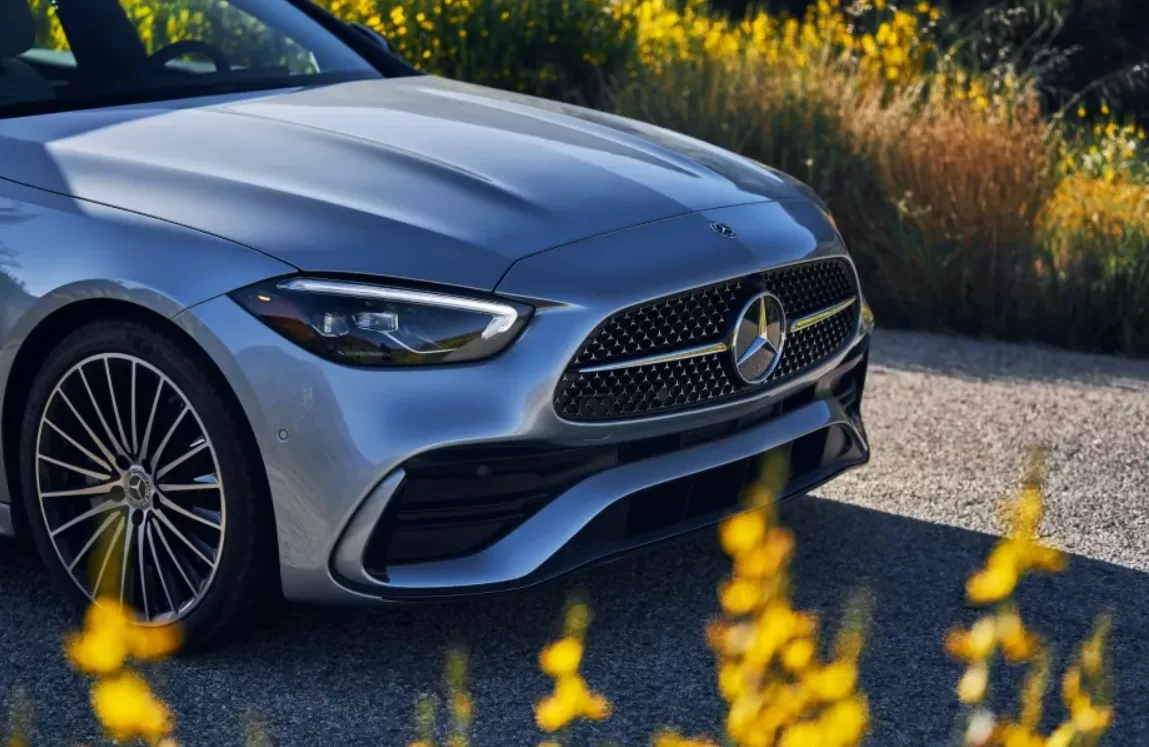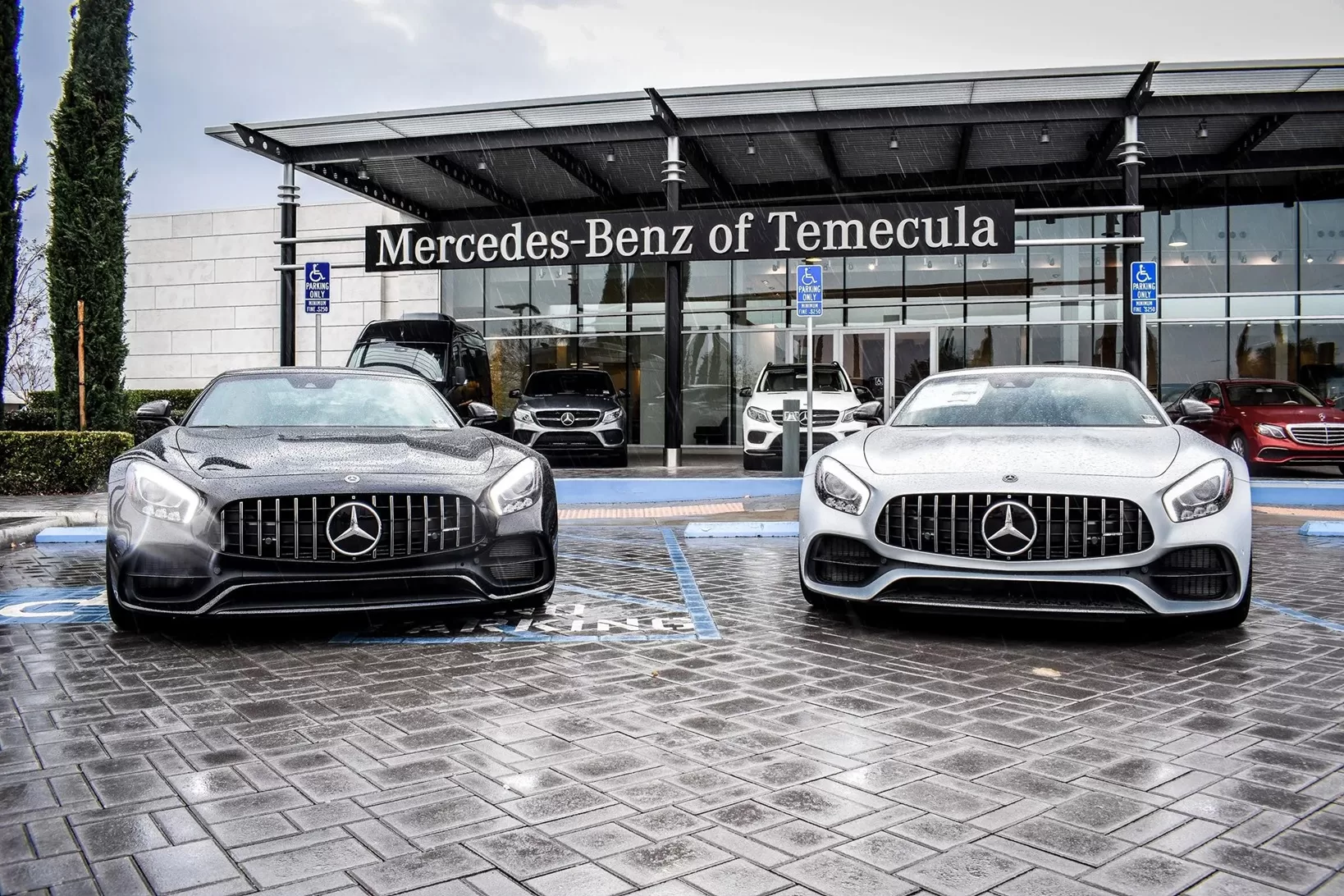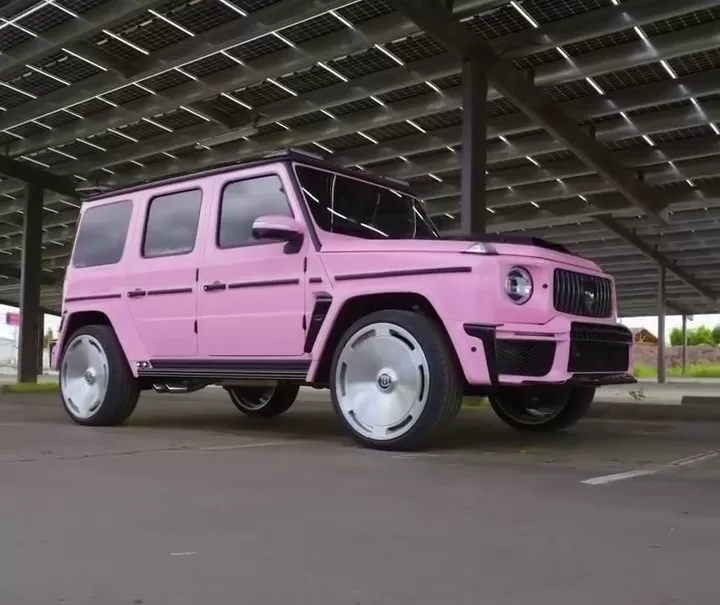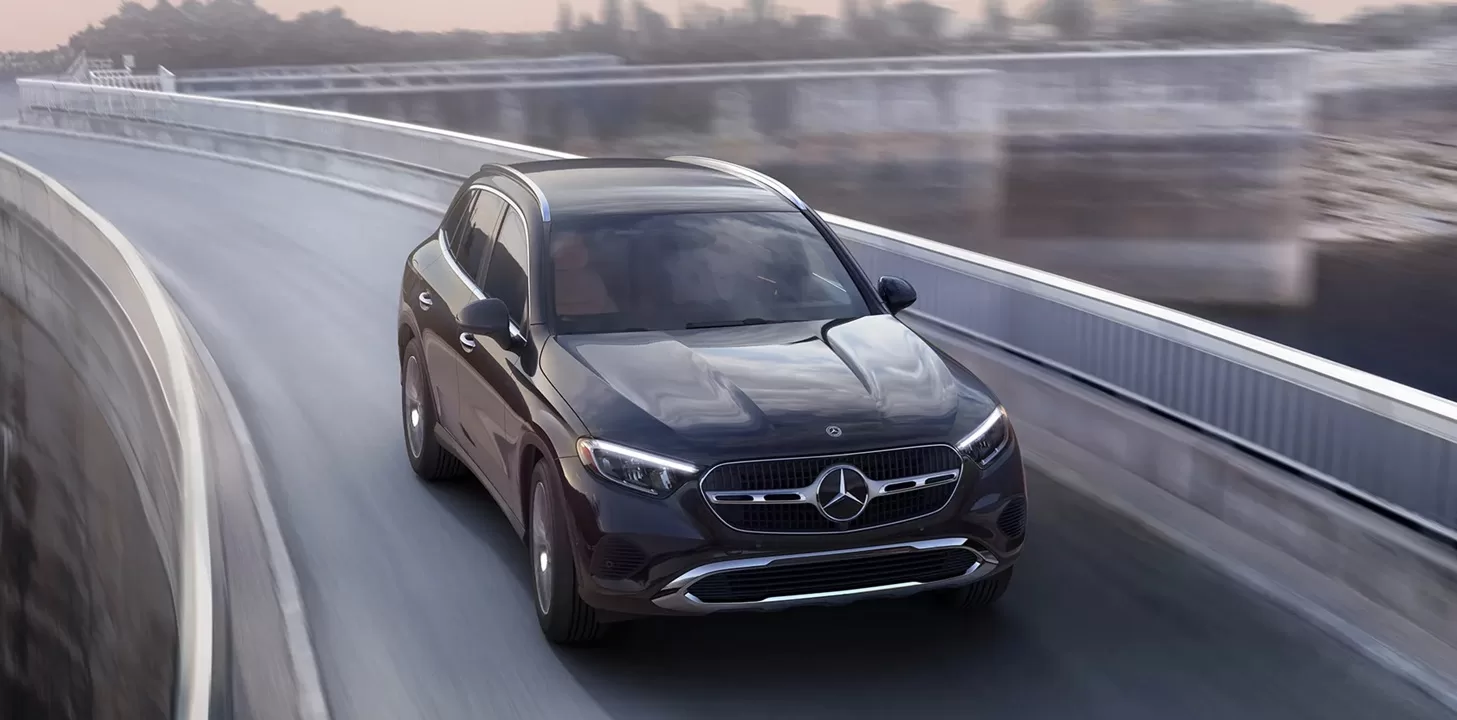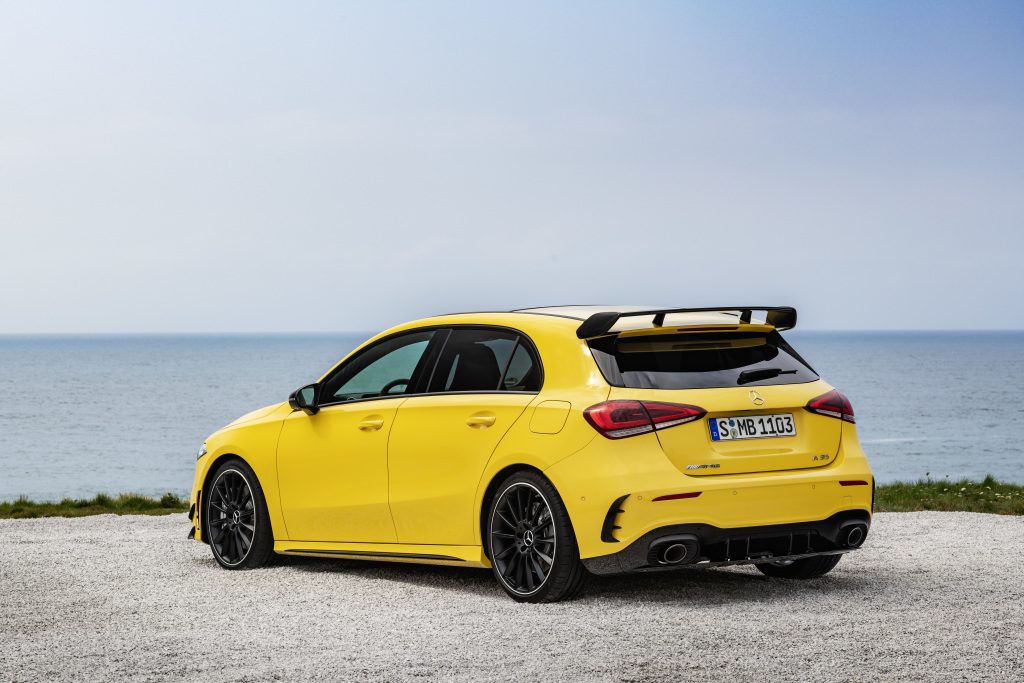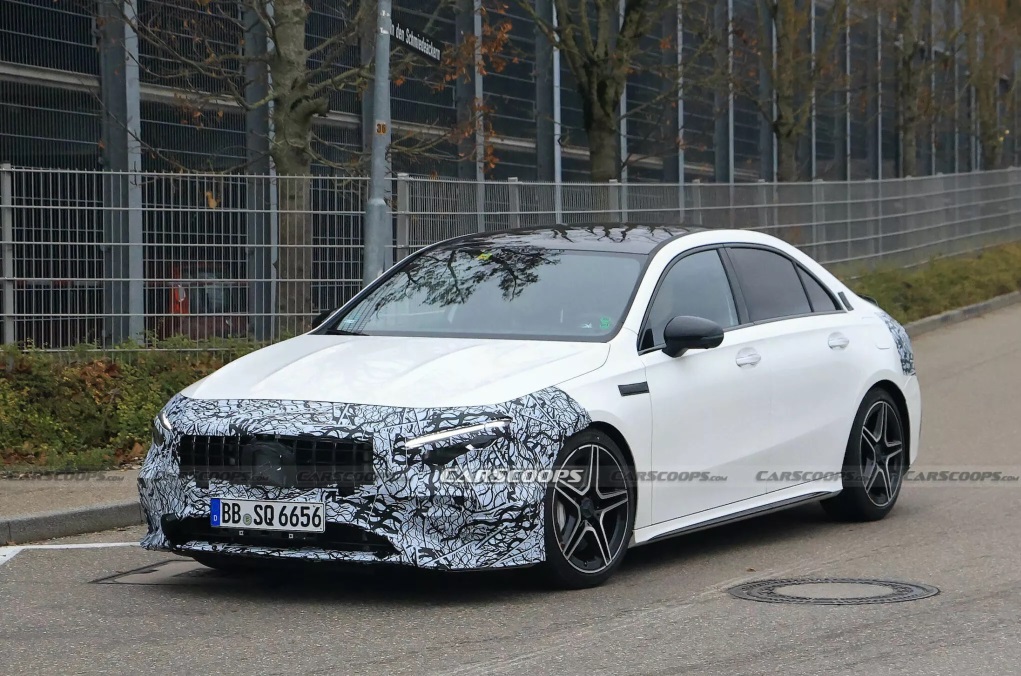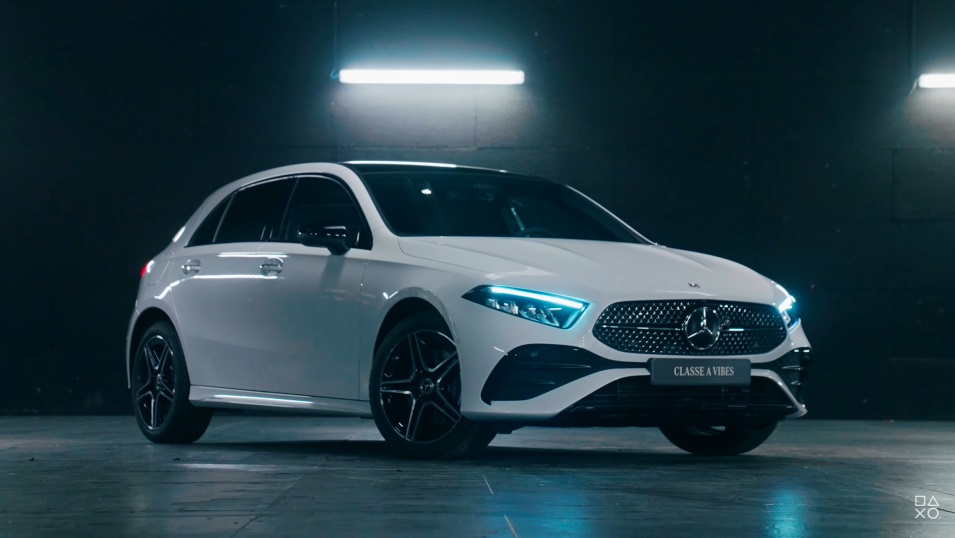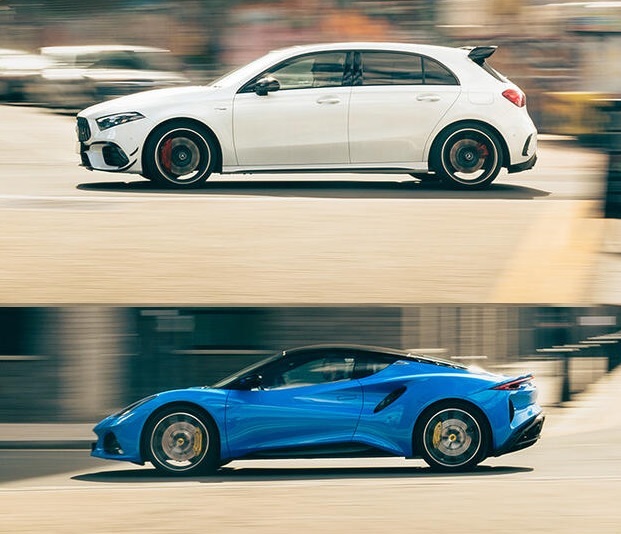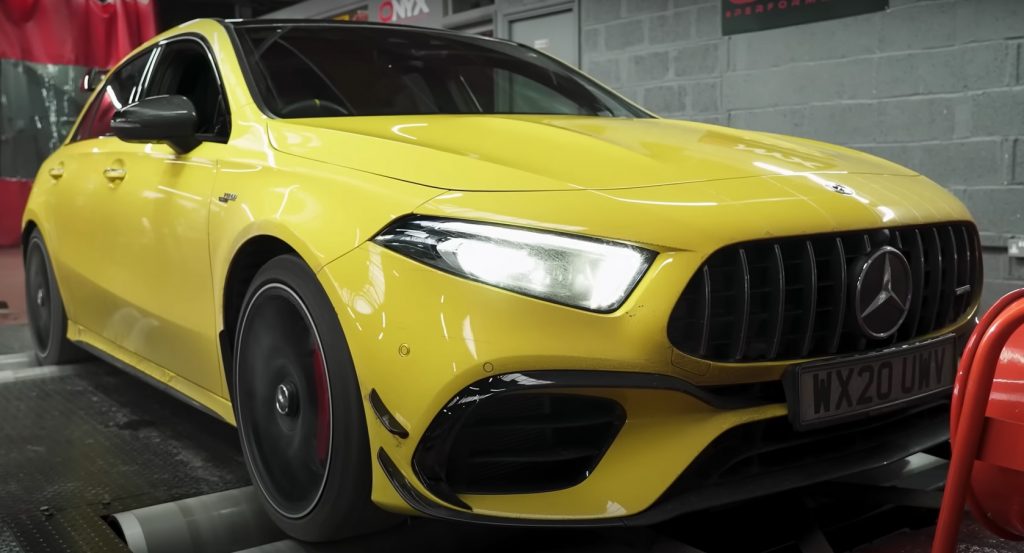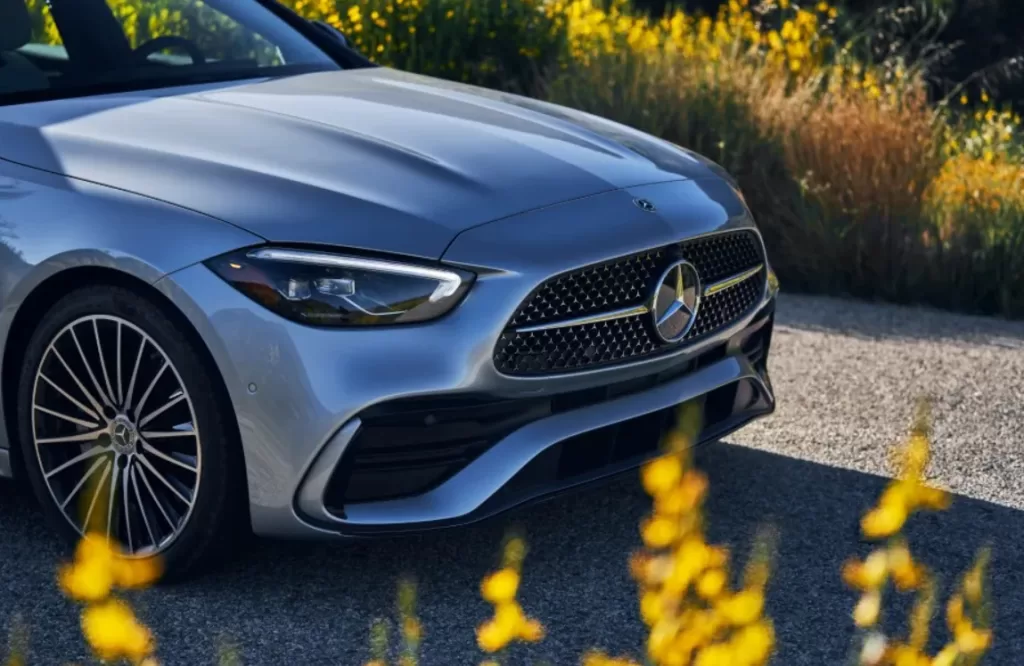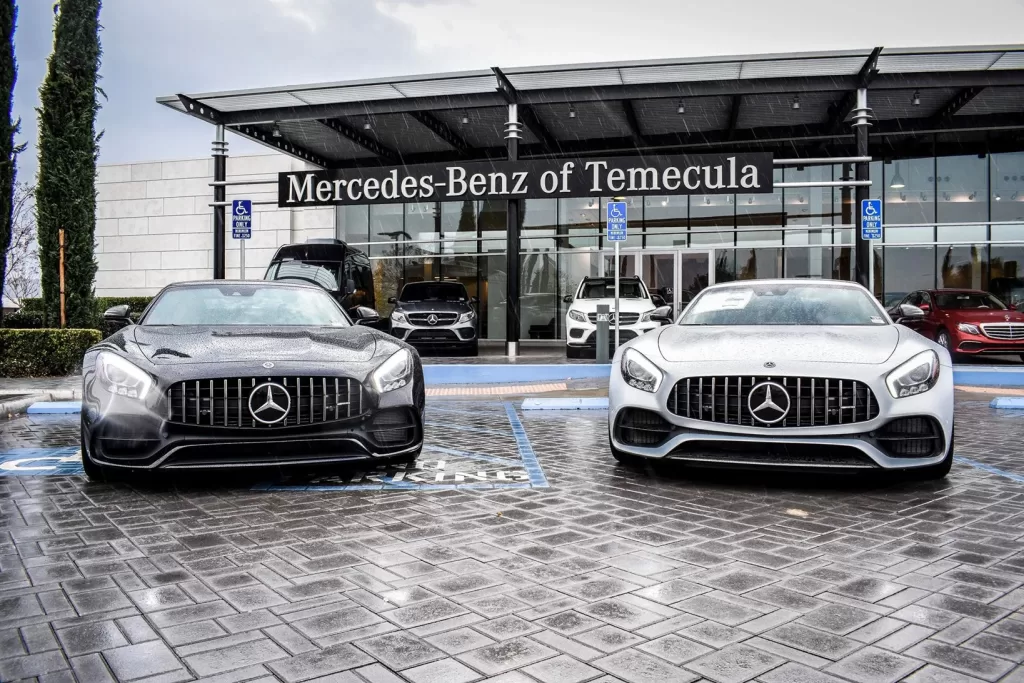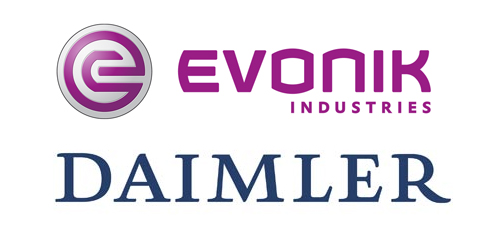
Evonik Industries AG, Essen and Daimler AG, Stuttgart are developing the energy storage of the future. Based on lithium-ion technology from Evonik and with Daimler expertise, both groups will drive forward the research, development and production of battery cells and battery systems in Germany. In the near future, Li-Tec cells will appear in electric vehicles of Mercedes-Benz Cars. This will represent an important milestone in the series production of electric vehicles. En route to achieving its technological leadership in recent years, Evonik has invested around 80 million Euros. The outcome is production-ready hi-tech battery cells that are superior to competitor products in several key areas.
“Evonik is the only company that can actually bring about commercial series production of battery cells of this kind,” says Werner Müller, CEO of Evonik Industries AG. “We will also continue our ongoing investment in relevant future technologies. In the last 30 years, Daimler engineers have registered over 600 patents associated with battery-powered vehicles – over 230 of which were in the field of lithium-ion technology,” comments Dieter Zetsche, Chairman of the Board of Management of Daimler AG and Head of Mercedes-Benz Cars.
Evonik Group subsidiary Li-Tec is set to make a significant contribution to the success of this continued development. On 15 December 2008, Daimler AG takes over 49.9 percent of Li-Tec Vermà¶gensverwaltung GmbH (Li-Tec). Evonik Industries AG already holds 50.1 percent. Both partners are seeking the involvement of a third shareholder in Li-Tec with expertise in electrical and electronic systems integration. Furthermore, the companies will also establish a joint venture with a clear focus on the development and production of batteries and battery systems for automotive applications. Daimler will hold 90 percent of this joint venture, and Evonik 10 percent.
The lithium-ion batteries produced by the joint venture will be used in both the passenger car and commercial vehicle sectors. The capacity available at Li-Tec and the joint venture will initially concentrate on the needs of Daimler AG. Beyond that, the sale of cells and battery systems to third parties is planned.
Evonik leads the field in battery cell development
“We have the universal electric drive – suitable for everyday use, safe, affordable”, says Evonik CEO Müller. Due to their technical concept featuring a ceramic separator, today’s Li-Tec cells are the most suitable for electric vehicles. The flat cell, which leads the field in worldwide comparisons, boasts a high energy density combined with compact dimensions and outstanding safety – the issue that takes greatest priority in the application of high energy density batteries. First generation lithium-ion flat cell batteries will soon be used in electric vehicles of Mercedes-Benz Cars.
Daimler leads the way in local zero-emissions drives
As far back as the late 70s, Daimler began intensive research and development work on battery-powered vehicles. Alongside vehicle concepts, this also included the further development of individual key components such as electric motors and energy storage. “The energy storage is at the very heart of vehicle electrification and thus the key component for sustainable mobility,” explains Zetsche. Further advancements in the storage of electrical energy on-board a vehicle are promised by the flat-cell frame concept brought into the co-operation by Daimler. This is designed around the basic principle of a fuel cell stack and enables standardized production within a modular system.
World-leading battery technology from Germany – lithium-ion batteries as key to sustainable mobility
“With our joint commitment, we once more confirm the innovative strength of the German industrial sector”, comment Müller and Zetsche at the press conference. “At the same time, Daimler and Evonik are writing another piece of industrial history. We are bringing back to Germany a technology that has not existed here for a long time.”
Changes in the automotive industry are increasing the demand for clean and efficient vehicles. According to forecasts, the market size for high-performance lithium-ion batteries will exceed the 10 billion Euro mark within the next decade; with the market for battery materials exceeding 4 billion Euros.
In Germany alone, the federal government is striving to see at least one million electric vehicles on city streets by 2020. “This cooperation will benefit enormously from such a development,” says Müller. The number of jobs in Evonik’s key technology alone is set to increase from its current level of around 100 to over 1000 in the long term. “That is also a clear commitment to the expansion of production in Germany,” adds Müller, going on to say “We have come a long way along our route to becoming Europe’s number one manufacturer of lithium-ion battery components. We now want to build further on our technological lead in this partnership with Daimler.”
When it comes to lifecycle in particular, lithium-ion batteries with Evonik technology are superior to the competition. Evonik technology is also in front with regards to safety, battery weight and suitability for series production. “Evonik has an idea of the future. We make market-ready products based on society’s needs. Now we are working with a strong partner to make our new technology suitable for everyday use,” says Müller.
According to Daimler, the electrification of the automobile is the key to sustainable mobility. In order to fulfil all the demands for sustainable mobility in the long term, the company has developed a broad-based portfolio of efficient, clean and high-performance powertrain technologies to meet the most diverse range of customer requirements and applications.
As early as next year, Mercedes-Benz will launch the S 400 BlueHYBRID – the world’s most fuel-efficient luxury sedan with a petrol engine. Plans also include series production vehicles with fuel cells and with pure battery-powered electric drive. Daimler has already successfully proved their everyday usability in numerous fleet tests and infrastructure projects, including the smart electric drive in London. This year also saw the launch of further major Daimler electric vehicle projects in the shape of “e-mobility Berlin” and “e-mobility Italy”.


